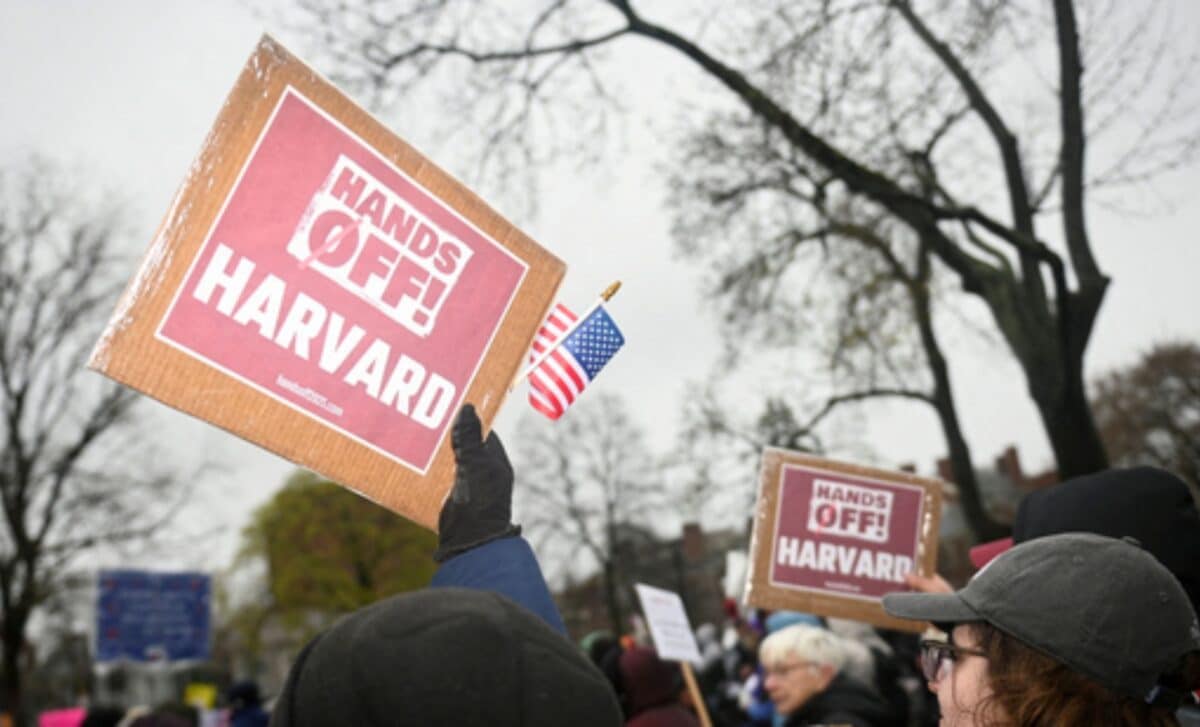In a highly contentious move, the Trump administration has frozen more than $2.2 billion in multi-year grants to Harvard University. This decision follows the university’s refusal to comply with a series of demands from the White House aimed at changing its policies on diversity, equity, and inclusion.
Harvard’s Defiance and the Trump Administration’s Demands
Harvard University has rejected the Trump administration’s requests for significant changes to its internal policies, which included curbing its diversity programs and imposing strict regulations on its admissions and hiring processes.
In a statement released by Harvard President Alan Garber, the university affirmed its stance, insisting that no government—regardless of political affiliation—should dictate the content of academic freedom, the faculty it hires, or the areas of research it pursues.
The administration’s demands came in the wake of concerns over rising antisemitism on college campuses, particularly following pro-Palestinian protests related to the Israel-Gaza conflict.
The government argued that Harvard, along with other prestigious universities, had failed to adequately address these issues. In response, the Trump administration froze the university’s access to a significant portion of its federal funding, which it stated was contingent on the implementation of the requested reforms.
According to reports, the Trump administration’s letter outlined several measures Harvard would need to adopt to retain its federal funding, including a ban on certain student protests, a comprehensive audit of “viewpoint diversity” among students and faculty, and the suspension of diversity, equity, and inclusion programs.
The administration further demanded that the university restrict its faculty’s influence and prevent student organisations from promoting political views it deemed harmful.
The Broader Impact on Academic Freedom and Funding
The confrontation between the Trump administration and Harvard University has intensified the ongoing debate about the role of government in higher education.
Harvard’s rejection of the demands, described by many as an attack on academic autonomy, has prompted a response from faculty and alumni, who have voiced strong opposition to the federal government’s overreach.
Harvard’s stance is particularly significant given its status as one of the country’s most prestigious academic institutions. The university has historically led the charge in defending academic freedom and independence from political interference.
The administration’s decision to freeze funding not only threatens vital research initiatives but also has broader implications for the future of public-private partnerships in academia.
In the midst of this dispute, Harvard’s faculty has filed a lawsuit arguing that the government’s actions violate the university’s First Amendment rights and overstep its authority under federal law. The case is expected to be a crucial test of the balance between government influence and the autonomy of academic institutions in the United States.









